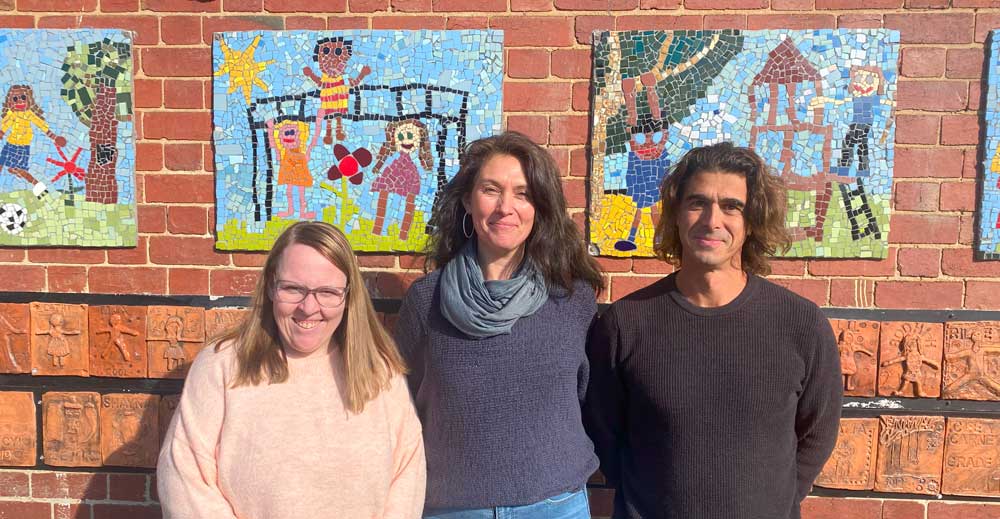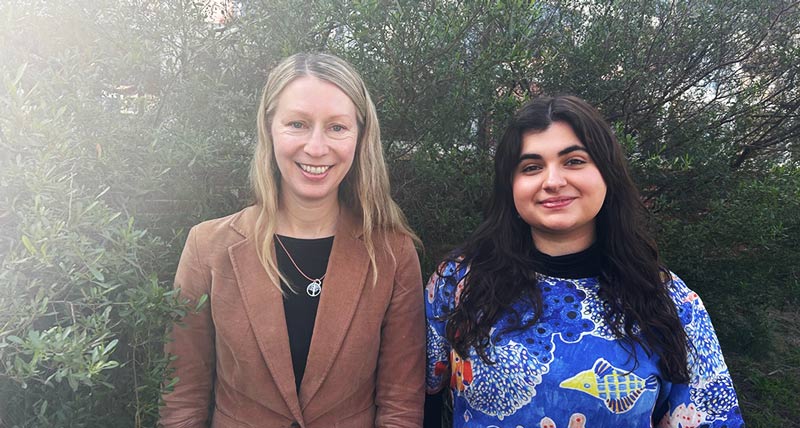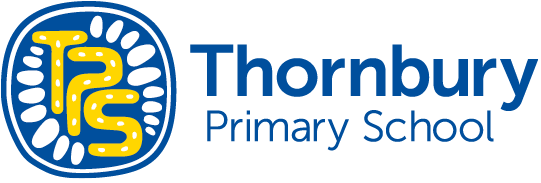
Wellbeing
Wellbeing Team

Kate - Assistant Principal (Wellbeing & Disability Inclusion)
In Monday – Wednesday
Anna - Mental Health & Wellbeing Leader (part of the MHiPS initiative)
In Tuesday – Friday
Owen - Community Support Worker
In Monday - Wednesday
If you have concerns regarding your child, the first person to speak to is your child’s classroom teacher, who may then refer you to the Wellbeing Team.
Social Emotional Learning
Social and Emotional Learning (SEL) is the process through which children and young people build and effectively apply knowledge attitudes and skills necessary to understand and manage emotions, establish and maintain positive relationships, make responsible decisions, develop resilience, create positive gender norms and contribute to social cohesion.
To support the development of these skills, students at TPS participate in weekly SEL lessons, drawing on learning materials from a range of evidence-based programs. This learning is also woven into the rhythm, routine and rituals of each day, and teachers adjust the learning as required to suit our community needs.
Below is a brief list of the SEL programs on offer at TPS.
Berry Street Education Model (BSEM)
Trauma-informed classroom strategies to help students regulate their emotions.
A whole-school approach that promotes and models respect and equality, and teaches students how to build healthy relationships, resilience and confidence.
A whole-school approach to social and emotional wellbeing and bullying prevention.
Talking the Talk: Healthy Sexuality Education
An age-appropriate sexuality education program that emphasises healthy and respectful relationships, protective behaviours and understanding our bodies.
Allied Health
Allied health staff onsite
TPS understands that many of its students require additional supports from allied health professionals and other external agencies. We value the expertise these professionals can offer and encourage open communication and collaboration between all stakeholders.

Naomi (Art Therapist), Vas (Music Therapist)
Additional support programs
Breakfast Club
Breakfast Club runs out of the Babajen building from 8-8:30am every morning and offers students an array of breakfast options in a supervised, safe space to start their day off on the right foot.
Lunchtime Clubs
Thornbury Primary School has lunchtime clubs running every day of the week that explore different interest areas – for example, drawing, library, basketball, dance, wellbeing, bugs, Dungeons & Dragons and art and choir. These clubs provide a calm space for students to gather, especially for those looking for an alternative to the playground.
Foodbank
Through Foodbank, Thornbury Primary School is able to source grocery boxes for families experiencing financial hardship, which we distribute with discretion.
State Schools' Relief
TPS works with State Schools' Relief to ensure all children have access to school uniform, stationery and hygiene items so that they feel comfortable, warm and a sense of belonging.
Gunuwarra program
The Gunuwarra program is an in-class tutoring program developed specifically for students with additional needs to work on their literacy and numeracy learning goals.
Cultural understanding and safety
TPS ensures that its staff provide a culturally safe and inclusive learning and playing environment for its students. We have a number of measures in place to expand cultural awareness and support our Koorie students.
Koorie Educational Support Officer (KESO)
Wellbeing team has regular meetings our Koorie Educational Support Officer (KESO), who offers general and individualised support and assistance with Koorie cultural inclusion for multiple schools in the local area.
Malpa Program
Malpa’s Young Doctors for Life is a unique, grassroots approach empowering Aboriginal and non-Aboriginal children to learn about their own health in the context of community health.
Marrung strategy
TPS follows the Marrung strategy, a government & community-led approach supporting Koorie students to achieve their learning aspirations by creating positive and engaging cultures of learning at primary and secondary levels.
Deadly Learning Plans
Part of the Marrung strategy, Deadly Learning Plans are documents completed collaboratively with Koorie students and teachers. Deadly Learning Plans help students set learning goals and outline strategies to achieve those goals.
Child Safety
TPS is a Child Safe School. We have a firm commitment to uphold the Child Safe Standards and to embed a culture of child safety. Strategies that seek to prevent harm and neglect (including physical, sexual, emotional, neglect, racial and cultural or religious abuse) all contribute to child safe culture. Keeping child safety front of mind in the everyday thinking and practice of the school community is critical.
Being a Child Safe School means considering the needs of all students, particularly those who may be vulnerable due to age, family circumstances, abilities or indigenous, cultural or linguistic backgrounds. All members of our community share the responsibility for keeping our students safe.
